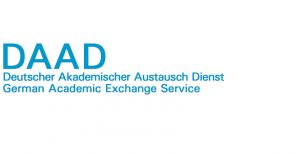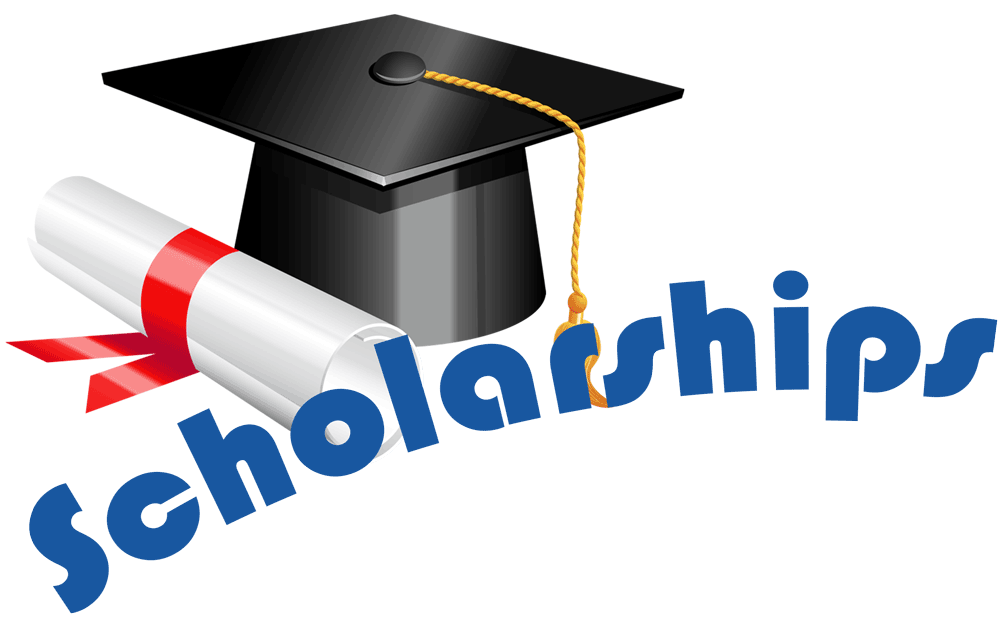DAAD Graduate International Scholarship Programme Sub-Saharan Africa 2021 now Open. The programme aims at fostering strong, internationally oriented higher education systems in Sub-Saharan Africa with the capacity to contribute to sustainable development.

To this end, scholarships are granted for development-related Master or doctoral studies for individuals who plan to pursue a career in teaching and / or research at a higher education institution in Sub-Saharan Africa.
Read Also: NRF Postgraduate Funding 2022 Now Open
DAAD Scholarship Programme Sub-Saharan Africa 2021
Scholarships are granted for development-related Master or doctoral studies for individuals who plan to pursue a career in teaching and / or research at a higher education institution in Sub-Saharan Africa.
By training future academic and professional leaders, the programme contributes to the following long-term impacts:
- Qualified professionals’ involvement in the solution of development-related problems in Sub-Saharan Africa
- Graduates strengthening education and research in Sub-Saharan Africa
- Structural strengthening and regional networking of partner institutions and partner universities
Who can apply?
- The target group for scholarships are graduates and postgraduates from Sub-Saharan Africa with a first academic degree if applying for a Master’s programme, or with a Master’s degree if applying for a doctoral programme who want to pursue Master’s or PhD courses in their home country (so called In-Country scholarships) or in another Sub-Saharan African country (In-Region scholarships).
- Female applicants and candidates from less privileged regions or groups are especially encouraged to participate in the programme.
Duration of funding
- Funding is provided for the usual duration of a course – generally, up to two years for Masters and up to three years for the PhD degree programmes
Value
Generally:
- Monthly allowance
- Study and research allowance
- Printing allowance
- Tuition fees
Please find below the list of degree programmes funded within this scholarship programme in the regions West and Central Africa, Eastern Africa and Southern Africa, including the links to the respective calls for applications.
- West and Central Africa
Benin University of Abomey – Calavi (UAC) Faculty of Agronomic Sciences, Subject field: Mathematics (Master, PhD)
International Chair in Mathematical Physics and Applications (CIPMA), Subject fields: Natural Sciences (Master, PhD)
- Burkina Faso
International Institute for Water and Environmental Engineering (2iE), Subject field: Engineering (Master, PhD)
Read Also: Deakin University Latin America Scholarships in Australia, 2021/2022
- Ghana
University for Development Studies (UDS), Department of Public Health, Subject field: Medicine – Public Health (Master Phil, Master Sc)
University of Ghana, Regional Institute for Population Studies (RIPS), Subject field: Humanities / Political Science (Master, PhD)
as well as
West African Center for Crop Improvement (WACCI), University of Ghana, Subject field: Agricultural Sciences (Master, PhD)
- Nigeria
University of Ibadan, Subject fields: Fisheries Management and Energy Studies (Master)
- Network
Centre d ‘Etudes Régional pour l’Amélioration de l’Adaptation à la Sécheresse (CERAAS), Subject field: Agricultural Sciences (Master, PhD)
- Eastern Africa
- Ethiopia
Addis Ababa University – IPSS, Subject field: Global & Area Studies (PhD)
Hawassa University – Wondo Genet College of Forestry and Natural Resources (WGCF), Subject field: Agro-Forestry (Master)
- Kenya
Jomo Kenyatta University of Agriculture and Technology (JKUAT), Subject fields: Information Technology (PhD), Mechanical Engineering (PhD)
Kenya Medical Research Institute (KEMRI), Subject field: Health Management (taught at Strathmore University) (PhD)
Kenyatta University, Subject fields: Biotechnology (PhD), Environmental Planning (PhD), Renewable Energy (Master)
Moi University, Subject field: Mathematics (PhD)
as well as
East and South African-German Centre of Excellence for Educational Research Methodologies and Management (CERM-ESA) – Moi University, Subject fields: Education (Master), Sociology of Education (PhD)
Mount Kenya University, Subject fields: Medical Surgical Nursing (Master), Public Health (Master)
Strathmore University, Subject fields: Computer Science/IT (PhD), Mathematics (Master, PhD)
- Sudan
Alzaiem Alazhari University, Subject field: Family Medicine (Master)
- Tanzania
Ardhi University, Subject fields: Built Environment Analysis (PhD), Housing and Settlement Studies (PhD), Urban Planning and Management (PhD)
Tanzanian-German Centre for East African Legal Studies (TGCL), University of Dar es Salaam, Subject field: Law (Master)
- Uganda
Busitema University, Subject field: Public Health (Master)
Makerere University, Subject fields: Environment and Natural Ressource (Master), Plant Breeding (PhD)
- Networks
African Economic Research Consortium (AERC), Subject field: Agriculture Economics (PhD)
International Centre of Insect Physiology and Ecology (ICIPE), Subject field: Insect Science (PhD)
- Southern Africa
- Malawi
Lilongwe University of Agriculture and Natural Resources (LUANAR), Subject field: Aquaculture and Fisheries Science (PhD)
University of Malawi, Subject field: Environmental health (Master)
- Namibia
University of Namibia (UNAM), Subject fields: Biodiversity Management (Master)
- South Africa (In-Region scholarships only; In-Country scholarships for South Africa are addressed in a separate call for applications -> daad.de/go/de/stipa10000279)
Stellenbosch University (SUN), Subject fields: Molecular Biology and Human Genetics (Master, PhD) as well as Mathematics (Master, PhD)
University of Witwatersrand, African Centre for Migration and Displacement (ACMS), Subject field: Migration and Displacement Studies (Master, PhD)
HOW TO APPLY
Usually, the application procedure follows a two-step process.
First, applicants submit their scholarship application to the host institution.
After a pre-selection has been conducted, shortlisted applicants will be asked to submit their application again via the DAAD portal for the final selection.
Please note that the application procedure may differ between the regions and host institutions.
The specific application instructions regarding each host institution are listed in the respective calls for applications.


